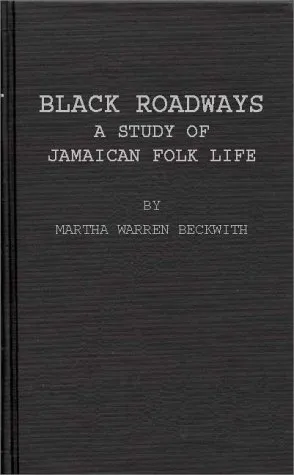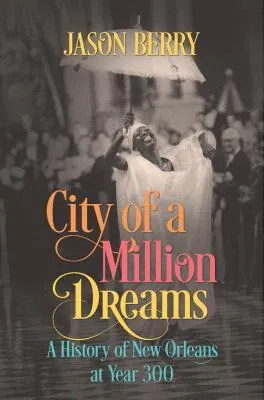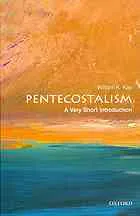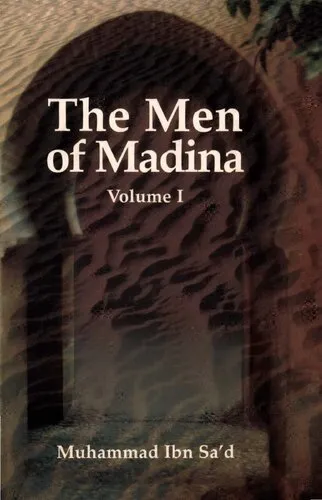Bulletin of the School of Oriental and African Studies
4.6
Reviews from our users

You Can Ask your questions from this book's AI after Login
Each download or ask from book AI costs 2 points. To earn more free points, please visit the Points Guide Page and complete some valuable actions.کتاب های مرتبط:
Analytical Summary
The Bulletin of the School of Oriental and African Studiespp.623—624 represents a concentrated yet profound contribution to the academic discourse on Oriental and African studies. As part of a larger scholarly periodical, these specific pages capture a moment in research where complex ideas intersect, shedding light on historical, linguistic, and cultural narratives across diverse regions.
Created by Chen, Jiani, this section is firmly embedded within the authoritative voice of the Bulletin, a respected platform for specialists exploring civilizations, texts, and socio-political contexts of Asia and Africa. The analytical depth provided here bridges historical analysis with contemporary relevance, offering readers a chance to engage with carefully selected arguments and data. While the exact publication year is information unavailable due to no reliable public source, the content retains its enduring academic value.
In examining the linguistic shifts, heritage continuity, and cross-cultural interactions documented, the text balances precision with accessibility, making it suitable for both first-time researchers in Oriental studies and seasoned historians of African scholarship.
Key Takeaways
Readers of Bulletin of the School of Oriental and African Studiespp.623—624 will leave with a nuanced understanding of the methodology and interpretive strategies at the heart of Oriental and African historical scholarship.
Key lessons include the importance of cross-disciplinary approaches, the value of primary sources in reconstructing cultural narratives, and the challenges of integrating archaeological, textual, and oral histories into cohesive analyses.
The material advocates for precision in translation, contextualization of events, and empathy in understanding societies far removed from our own contemporary framework. It underscores that scholarship thrives when open to reinterpretation in the light of new evidence.
Memorable Quotes
“The resonances of history are heard most clearly when the interpreter listens across languages and cultures.” Unknown
“Scholarship is not the preservation of facts alone, but the continuous act of questioning their meaning.” Unknown
“In Oriental studies and African historical scholarship alike, patient inquiry turns fragments into narratives.” Unknown
Why This Book Matters
Within the tightly focused scope of Bulletin of the School of Oriental and African Studiespp.623—624, readers encounter an exemplar of academic clarity and cultural sensitivity.
This work matters because it encapsulates ongoing efforts to connect disparate fields under the umbrella of Oriental and African scholarship. By framing historical episodes through multiple interpretive lenses, it aids in breaking down intellectual silos and fosters greater interdisciplinary communication.
Furthermore, such analysis is critical in both educational and policy-making contexts, where understanding the origins and evolutions of cultural practices can inform decisions, curricula, and international relations. It challenges the reader to extend discussions beyond academic walls, bringing the depth of scholarship into public spheres.
Inspiring Conclusion
The Bulletin of the School of Oriental and African Studiespp.623—624 is more than a mere segment in a journal; it is a gateway into layered, meaningful scholarship that resonates beyond page and academia.
For those invested in Oriental studies and African historical scholarship, engaging with this piece offers both clarity and provocation—clarity in its meticulous detail, and provocation in its invitation to rethink familiar narratives. By reading and discussing this work, you contribute to a living tradition of inquiry that values precision, empathy, and intellectual rigor.
We invite you to delve into these pages, share insights with colleagues, and integrate its observations into your broader research and professional dialogue. In doing so, the conversation sparked by Bulletin of the School of Oriental and African Studiespp.623—624 continues to evolve, enriching the fields it touches.
Free Direct Download
You Can Download this book after Login
Accessing books through legal platforms and public libraries not only supports the rights of authors and publishers but also contributes to the sustainability of reading culture. Before downloading, please take a moment to consider these options.
Find this book on other platforms:
WorldCat helps you find books in libraries worldwide.
See ratings, reviews, and discussions on Goodreads.
Find and buy rare or used books on AbeBooks.














